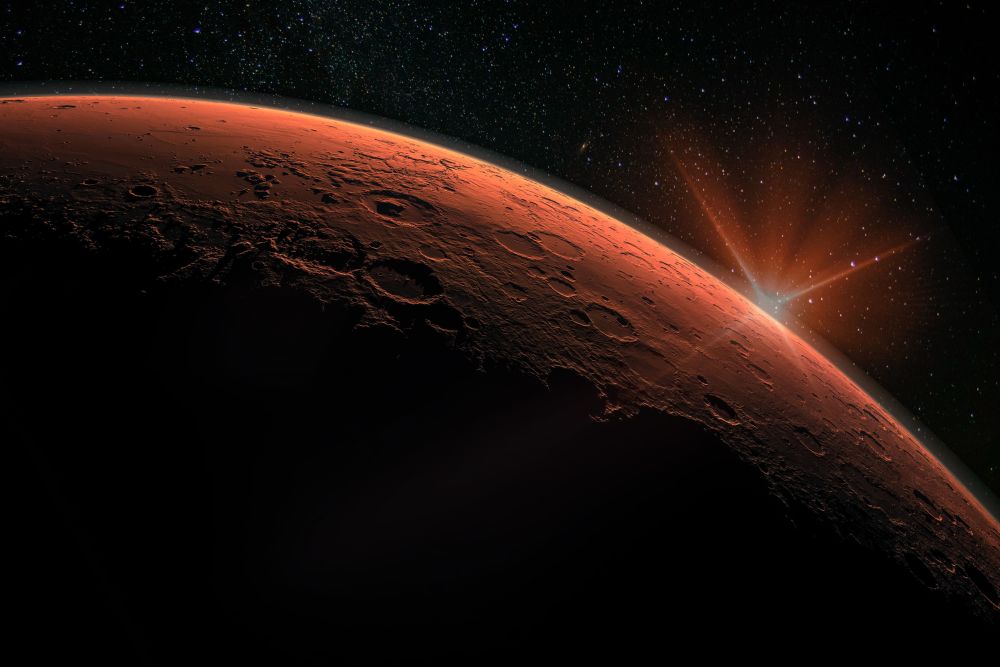China’s Zhurong rover successfully landed on Mars this Saturday. This is the first time a non-American Mars landing has gone through without a crash or loss of contact.
The success makes China the first nation to perform orbiting, landing and roving on its first Mars mission. It is also only the third nation to land on Mars, after Russia and the USA.
President Xi Jinping expressed his congratulations to the team behind the mission, calling their success an outstanding achievement. “You were brave enough for the challenge, pursued excellence and placed our country in the advanced ranks of planetary exploration.”
The Zhurong rover is to focus on the Utopia Planitia region in Mars’ northern hemisphere.
NASA’s head of science Thomas Zurbuchen said “together with the global science community, I look forward to the important contributions this mission will make to humanity’s understanding of the Red Planet.”
This landing comes months after NASA landed their Perseverance rover on Mars in February, notable for its small robot helicopter which performed the first powered flight on another planet.
China’s Zhurong rover, named after a god of fire, is reported to have landed shortly after 07:00 Beijing time on Saturday. It was carried to Mars by the Tianwen-1 orbiter, which reached Mars’ orbit back in February.
Before the rover could land, a suitable spot needed to be identified, so the probe spent it’s time taking high resolution images of Utopia Planitia.
The Utopia Planitia region is a basin over 3,000 kilometres across formed by an impact long ago. It is believed to have possibly held an ocean in the past.
NASA has also investigated the region, landing its Viking-2 mission back in 1976.
Mars is currently 320 million kilometres from Earth, creating almost 18 minutes of delay for radio messaging. This meant each stage of Zhurong’s approach had to be automated.
For the first part of the rover’s nine minute descent, it was encased in an aeroshell – which shielded it from the heat and pressure created by drag. In pushing against the Martian air, the capsule’s decent slowed.
Then the parachute opened, further slowing the descent before the last step.
In the final step, the Zhurong rover broke away on a rocket powered bench which landed it in tact on Mars.
It is hoped that Zhurong will last at least 90 Martian days in service, studying the geology of it’s surroundings.
Philip English, is a member of the YCL’s Manchester Branch



